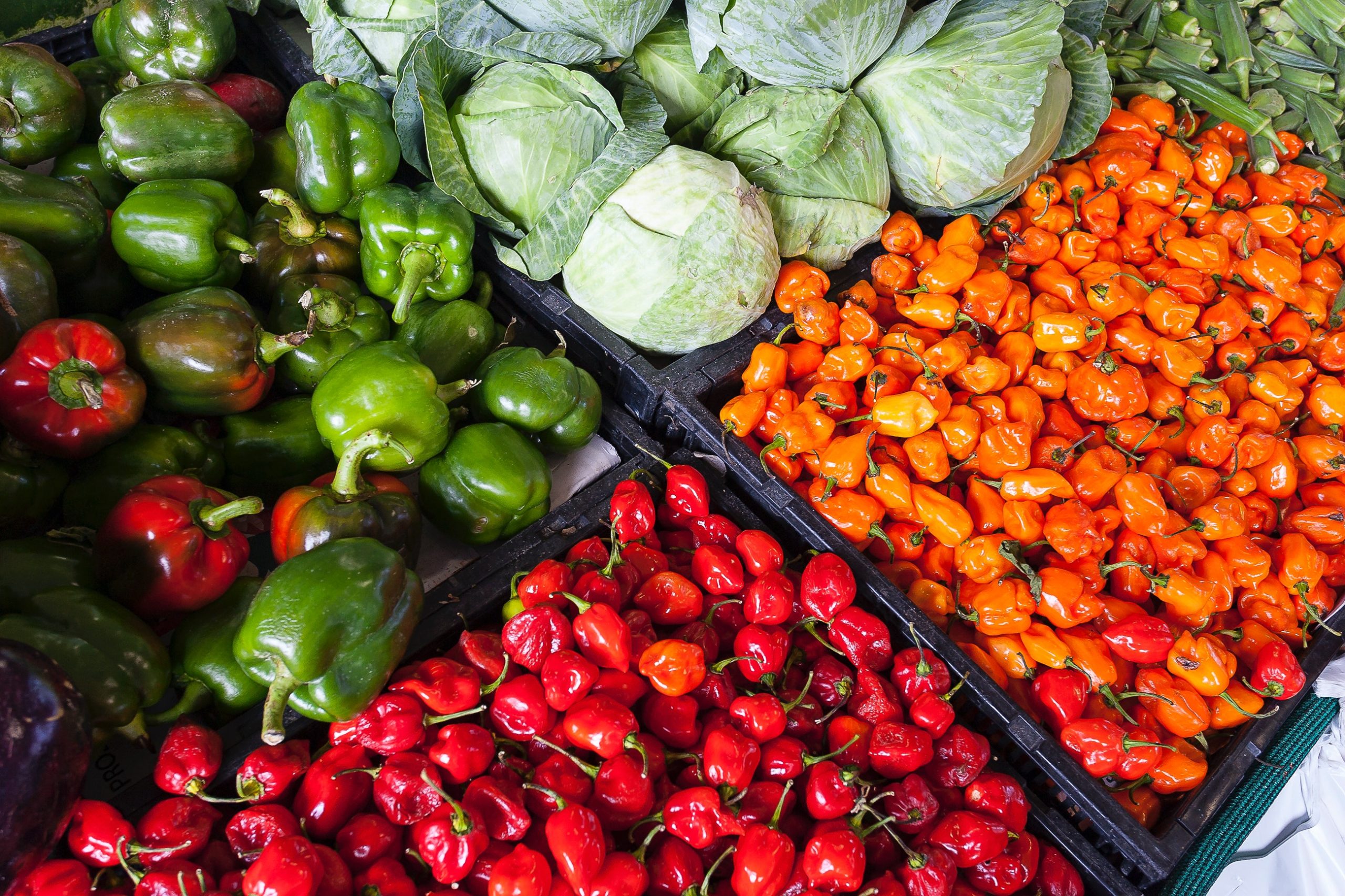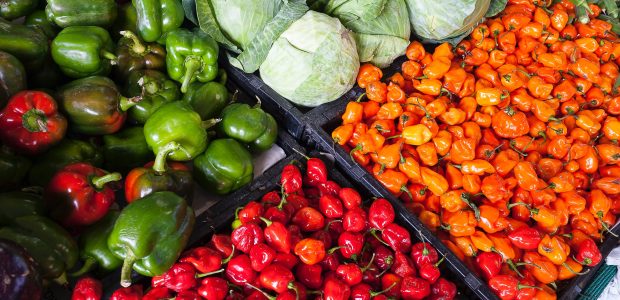
Permaculture is an agricultural system that has gained popularity in recent years due to its emphasis on sustainable and organic farming practices. However, permaculture is not only about growing food in a sustainable manner; it is also a way of life that promotes social justice and equity. In this blog post, we will explore the ways in which permaculture can promote social justice and address issues such as food deserts and food insecurity.
What is Permaculture and Social Justice?
Permaculture is a design system that uses principles observed in natural ecosystems to create sustainable human settlements and food production systems. It emphasizes on working with nature, not against it. On the other hand, social justice refers to the fair and equal distribution of resources, opportunities, and privileges within a society.
Permaculture and social justice are interrelated, as permaculture is not just about producing food in a sustainable way; it is also about promoting social life that is fair, just and equitable. By working with natural systems, permaculture can help create more equitable food systems that benefit all members of society, not just those with the most resources.
Organic Farming and Food Insecurity
Food insecurity is a major issue in many parts of the world, with millions of people lacking access to nutritious food. Organic farming, which is a key part of permaculture, can play an important role in addressing this issue.
Organic farming is a method of growing crops without the use of synthetic fertilizers, pesticides, or genetically modified organisms. This results in healthier soil and plants, which produce more nutritious food. Additionally, organic farming is often more accessible to small-scale farmers, who may not have the resources to purchase expensive chemical inputs.
By promoting organic farming practices, permaculture can help address issues of food insecurity and promote more equitable food systems. This can be achieved by supporting small-scale farmers and encouraging the use of sustainable farming methods that are accessible to everyone.
Permaculture and Food Deserts
Food deserts are areas where residents lack access to affordable, healthy food. These areas are often located in low-income neighborhoods, where supermarkets and grocery stores are few and far between.
Permaculture can help address food deserts by promoting the use of community gardens and urban agriculture. By creating small-scale food production systems in urban areas, permaculture can provide fresh, healthy food to people who might not have access to it otherwise.
Additionally, permaculture can help address the underlying causes of food deserts, such as poverty and inequality. By promoting sustainable livelihoods and equitable access to resources, permaculture can help create more just and equitable societies.
Conclusion
Permaculture is not just a method of sustainable agriculture; it is also a way of promoting social justice and equity. By promoting organic farming practices and addressing issues such as food insecurity and food deserts, permaculture can help create more just and equitable food systems. Ultimately, by working with nature and promoting sustainable livelihoods, permaculture can help create a more equitable and sustainable future for all.


